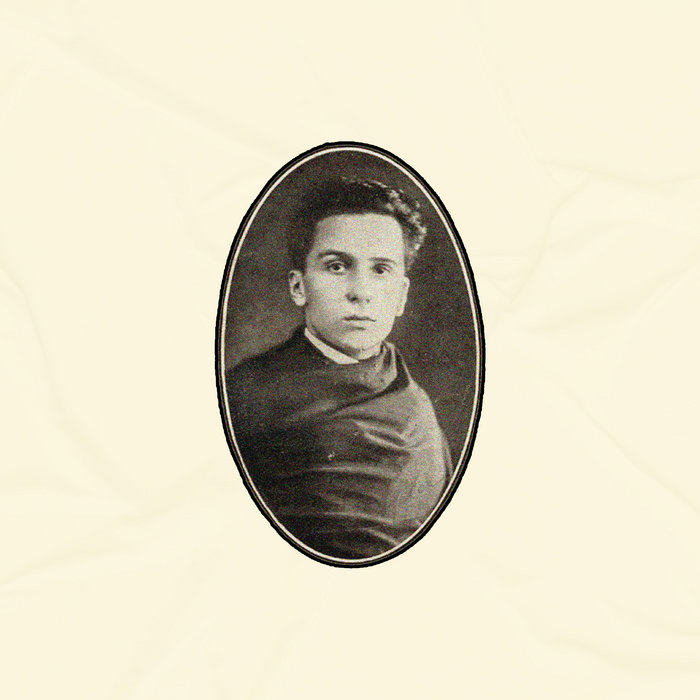
Misérias – Adelina Fernandes
this blog is GROOVY – check out great Soul, Funk, Jazz, Hip Hop, Bass, Breaks , Reggae, House n many more TUNES
Hey there, music lovers! Grab your headphones because we’re about to take a juicy ride through the vibrant history of archival music. This genre isn’t just a collection of old tunes; it’s like finding a secret stash of groovy beats buried in the sands of time. So, let’s dig in!
First things first—what do we mean by “archival music”? Think of it as the musical equivalent of an archaeological dig. It’s about recovering and preserving sounds from days gone by—tunes that might otherwise fade into obscurity. Imagine stumbling upon recordings that haven’t seen the light since the 1920s or finding hidden gems from local artists! Archival music gives us a peek into different eras, showcasing cultural shifts and societal vibes.
The roots of archival music connect deeply with folk traditions and oral histories that have been passed down through generations. In many ways, this genre preserves not just melodies but stories too.
Early Days: Back in the day (we’re talking pre-20th century), musicians played their hearts out at fairs and gatherings, spreading tunes primarily through word-of-mouth (or should we say “word-of-note”?). When recording technology became available in the early 1900s, suddenly everyone wanted to capture those vibes!
Recording Revolution: The invention of phonographs and tape recorders made it possible to archive songs for posterity. Those nifty devices allowed people to enjoy their favorite tracks over and over instead of relying on memory alone—cue modern hipsters who still collect vinyl records because they say it has “soul”!
As archiving gained momentum throughout the decades, several key players emerged:
Alan Lomax was like Indiana Jones but for folk music—not running from boulders but seeking out soulful sounds! He traveled around America with his tape recorder during the mid-20th century. His mission? To capture authentic folk performances before they disappeared forever.
Fun Fact: While collecting tunes on his travels, Lomax once inadvertently discovered an old blues singer who had been performing under an alias for nearly twenty years! They got him back on record under his real name—talk about uncovering some good ol’ fashioned identity drama!
Let’s give props to Smithsonian Folkways Recordings—a treasure trove where you can find everything from traditional Native American chants to field recordings featuring crab fishermen playing sea shanties while hauling nets (you know that’s quality entertainment!).
Fun Fact: Some singers recorded their masterpieces while balancing precariously on top of crates during live shows. It seems that even back then, performance art came with its fair share of risks…and potential falls!
As technology advanced further into digital realms over recent years (thanks internet!), access to archival material exploded! Websites dedicated solely to cataloging these timeless pieces made them available at our fingertips faster than you can say “download.”
But what comes next is crazy—it isn’t just dusty collectors who are interested anymore; new age artists are digging up these old vibes and mixing them into fresh tracks!
Record producers now mix samples found within archived materials right along side contemporary beats—the ultimate mashup experience where past meets present! Artists like J Dilla were known for doing this brilliantly by weaving intricate tapestries using snips from vintage tunes.
Funny Moment Alert: One clueless DJ actually tried sampling without permission only later realizing he’d mixed in audio snippets from a legendary children’s choir performance… needless to say parents were NOT thrilled when they heard their kids’ voices rapping over trap beats in clubs across town!
Today there’s also strong advocacy for preserving our auditory heritage—for example colloquiums held worldwide focus specifically on protecting marginalized musical forms—from street corner cyphers representing urban culture all way through traditional indigenous practices kept alive despite industrialization pressures against them.
Engaging communities actively helps revive passions among young folks leading workshops focused purely around rediscovering what makes regional creole styles unique—even remix projects giving rise again after prolonged dormancy prove powerful too showing how sharing builds connection across generations leading onwards unto higher ground together.
So whether you’re sifting through vinyl stacks at thrift shops or jamming hard with playlist compilations full retro grooves pulled straight off archives mean one thing—you’re contributing vibrantly towards keeping these culture-sound arts alive…the funky flow keeps rolling onward past boundaries determinedly merging each rhythm beat lining up illuminating paths toward bright futures ahead planting seeds amongst echoes sounding ‘round far-off hillsides recalling laughter dancing joyfully springing forth anew—all fueling creative sparks shared widely amongst diverse journeys forever enriching humanity collectively one tune at time… keep vibin’ y’all! 🎶✨

Misérias – Adelina Fernandes
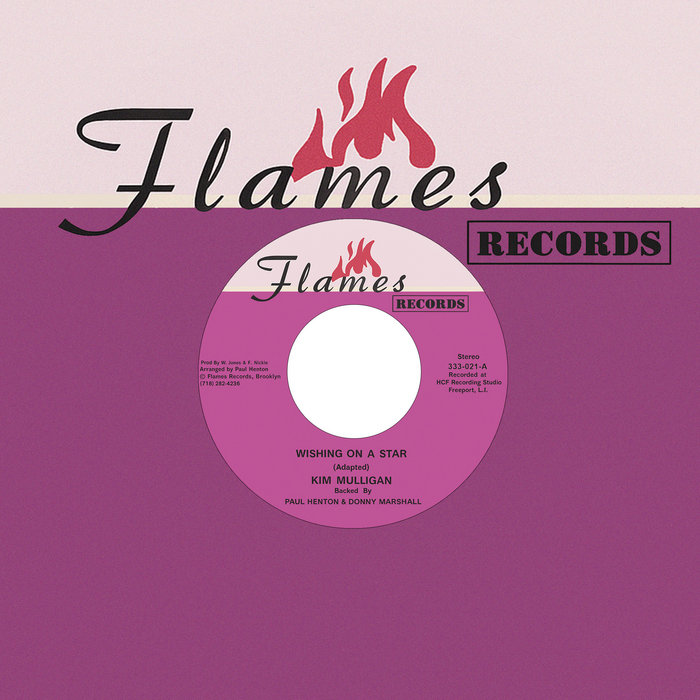
Wishing on a Star (Dub) – Kim Mulligan
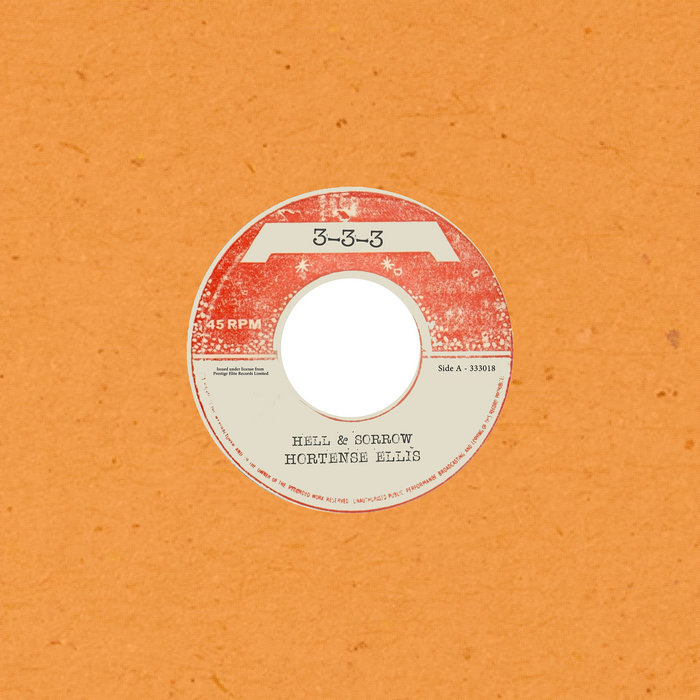
Tribulation – Big Youth
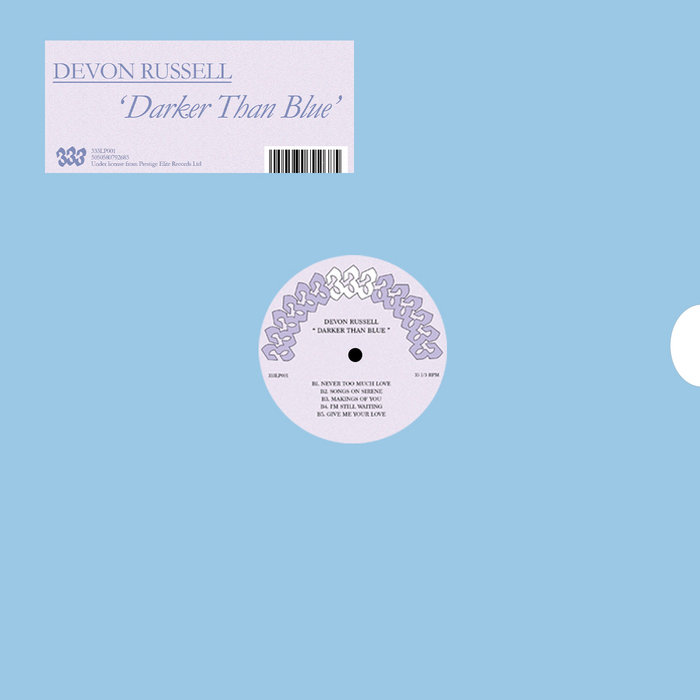
Move On Up – Devon Russell
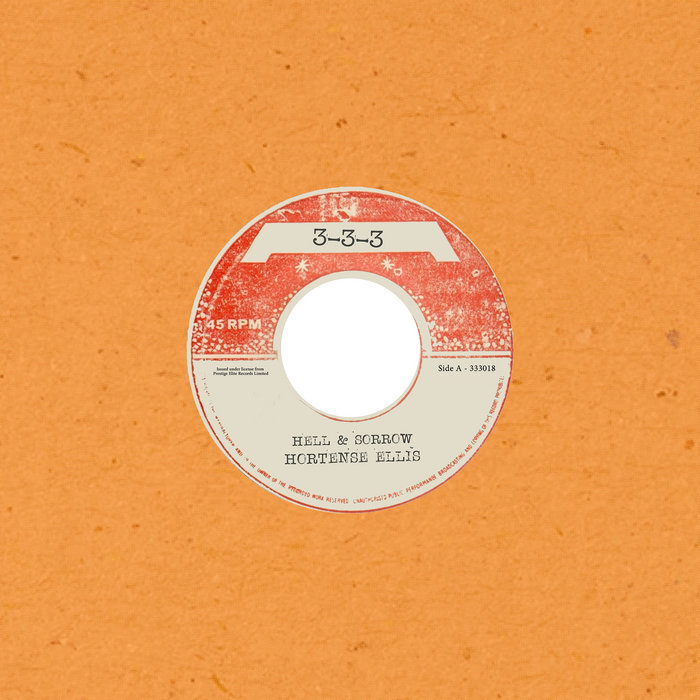
Hell & Sorrow – Hortense Ellis
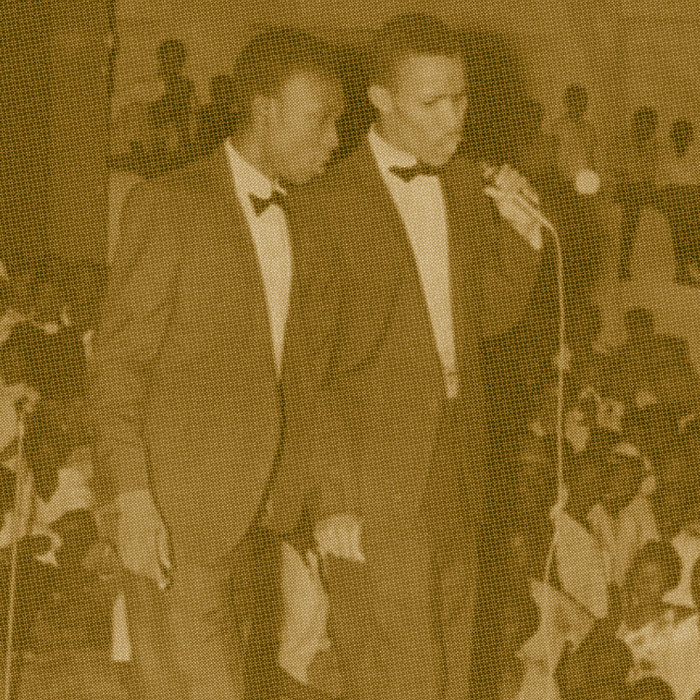
Don't You Know – The Moonlighters
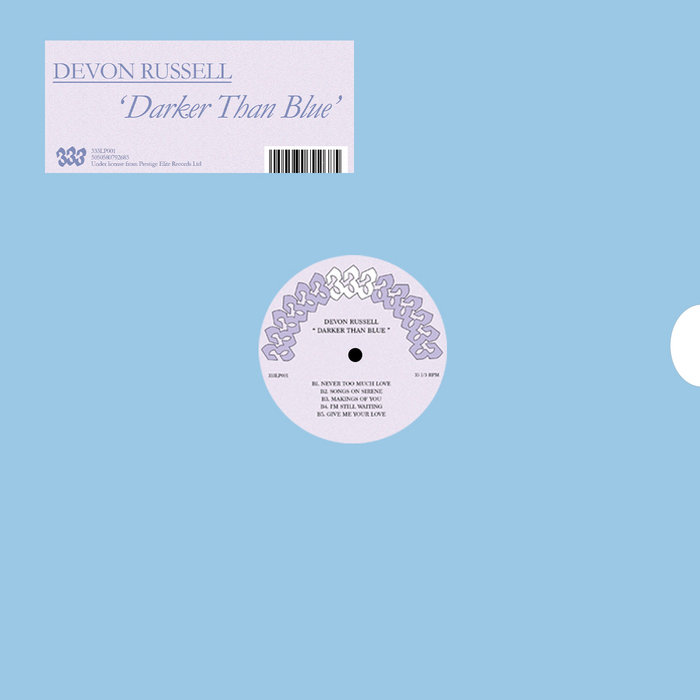
Darker Than Blue – Devon Russell

I Want to Accompany Your Husband – Death Is Not The End
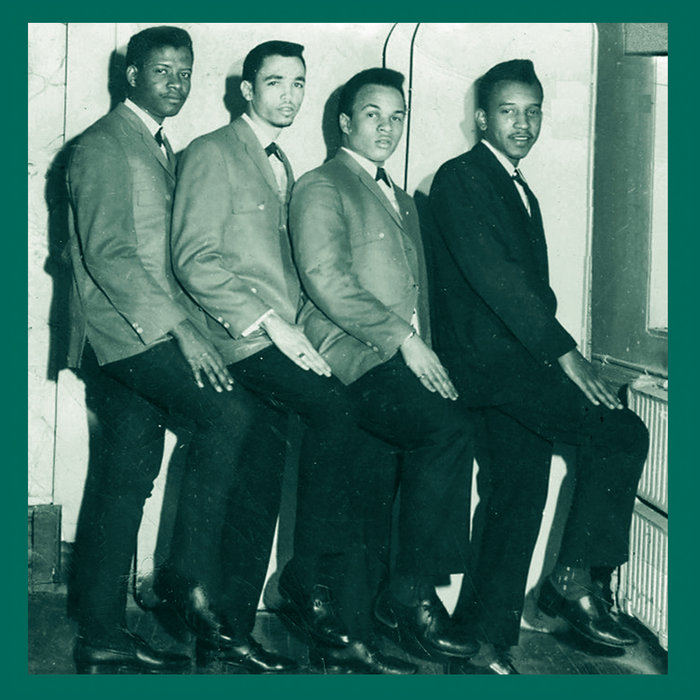
If I Had a Pair of Wings: Jamaican Doo Wop, Vol. I – III – Death Is Not The End